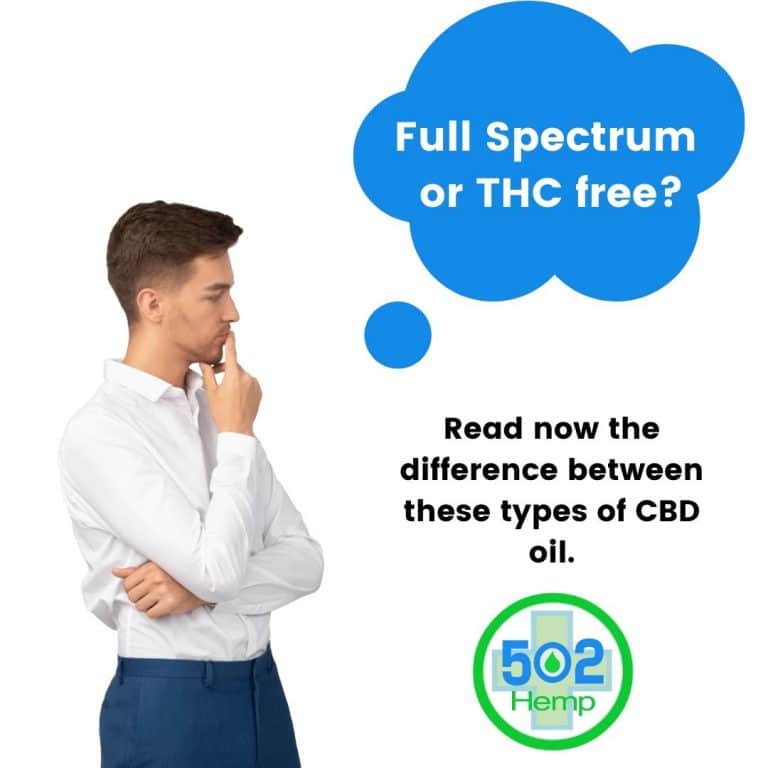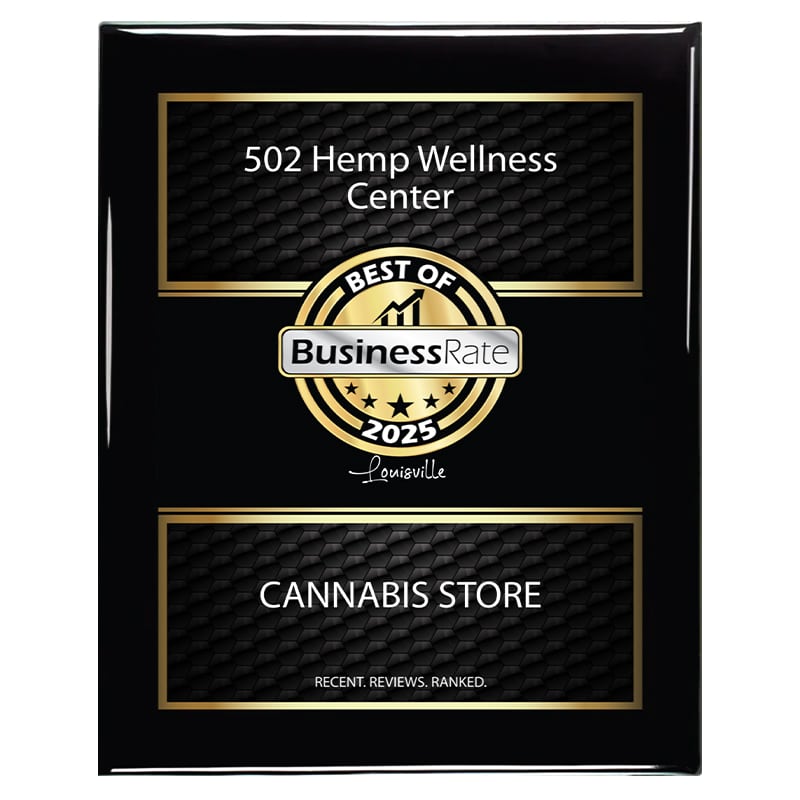CBD stands for cannabidiol, an active compound found in cannabis plants. It may have many benefits, including treating depression. CBD is non-psychoactive, meaning it won’t get you high. Hemp oil, on the other hand, comes from the seeds of the hemp plant and doesn’t contain any THC.
CBD is a chemical compound that occurs naturally in both marijuana and hemp. It’s also used as a dietary supplement. The U.S. Food and Drug Administration (FDA) doesn’t regulate CBD products, so talk to your doctor before taking any supplements.
What Does CBD Do?
CBD may help reduce pain and inflammation. It may also help with sleep issues. It’s not addictive and there aren’t any reported side effects.
Where Can I Buy CBD Products?
You can find CBD products in various stores or online through websites like 502hemp.com.
Is CBD Legal?
CBD is legal in all 50 states. However, some states have restrictions on where people can use CBD products. In addition, there are federal laws that prohibit the sale of CBD products to minors.
What Are Some Uses For CBD?
CBD oil is one of the most popular forms of CBD available today. It comes in different strengths and flavors, and it can be used as a supplement or added to food. CBD oil can also be taken orally, sublingually (under the tongue), vaped/smoked or used topically.
What does CBD stand for in relation to health?
CBD oil is not psychoactive, meaning it won’t make you feel high. However, it may help reduce stress, and it may even improve sleep quality. In addition, CBD oil may be used to treat pain, inflammation, and other symptoms associated with various medical conditions.
*The statements made regarding these products have not been evaluated by the Food and Drug Administration. The efficacy of these products has not been confirmed by FDA-approved research. These products are not intended to diagnose, treat, cure or prevent any disease. All information presented here is not meant as a substitute for or alternative to information from healthcare practitioners. Please consult your healthcare professional about potential interactions or other possible complications before using any product. The Federal Food, Drug, and Cosmetic Act requires this notice.















